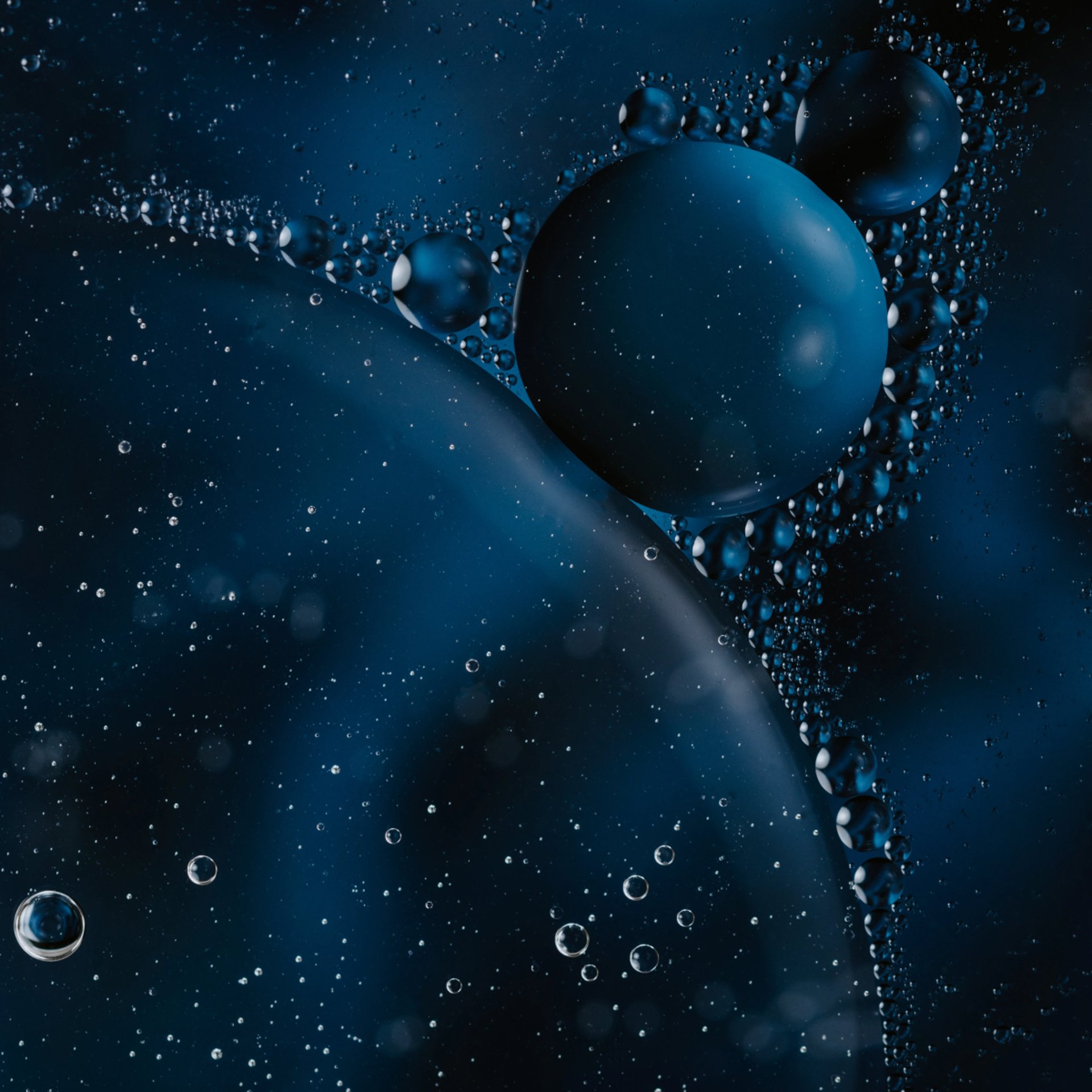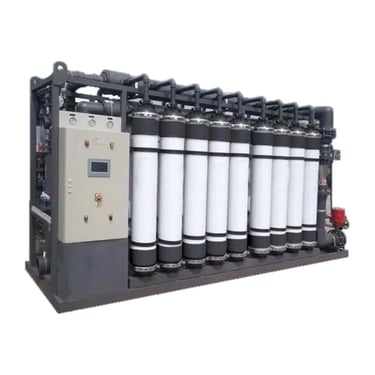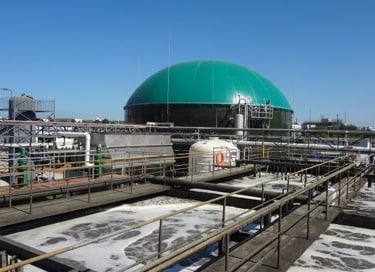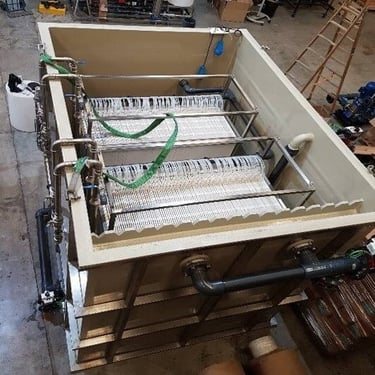
The top tier value source for membrane water & wastewater Solution.
Application We Excel
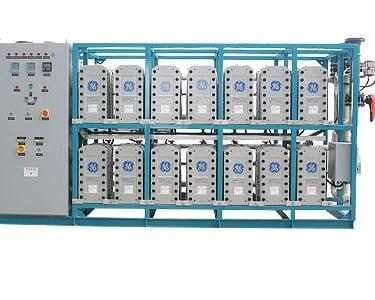

Electromembrane Processes consist of those technologies that apply the electric potential gradient as the driving force of ion transport. The main electromembrane processes are:
Electrodeionization (EDI)
Electrodialysis (ED)
Electrodialysis reversal (EDR)
Electrodialysis with bipolar membrane (EDBM)
Capacitive deionization (CDI)
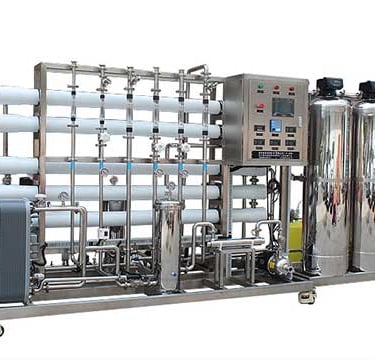

RO is very effective in treating brackish (surface and ground), tap and sea water for both small and large applications. Some examples of applications:
Municipal drinking water
Food and beverage industry
Agricultural irrigation
Industrial ultrapure water
Industrial process water
Waste water reuse
Power industry (boiler feed water, cooling towers)
Municipal/industrial water reuse
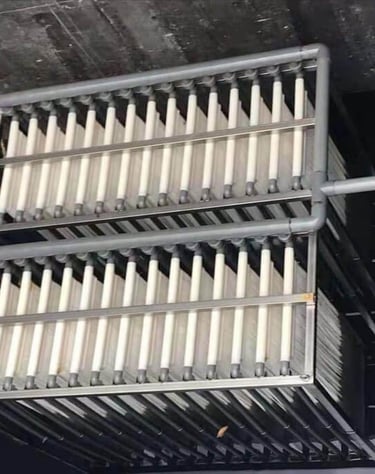

MBRs stand out for their efficiency in treating high-strength wastewaters and their smaller footprint compared to traditional systems. They are ideal for places where space is limited or where environmental regulations require high-quality effluent. Their automated nature also makes MBRs a low-maintenance, user-friendly choice for effective wastewater management. Our MBR process include:
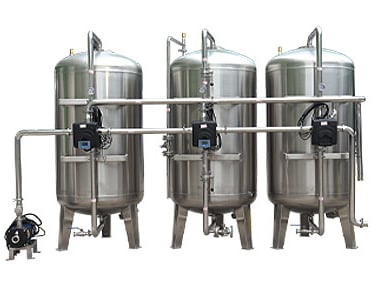

Ion exchangers are used to remove salts (cations and anions) from the water. The typical application are
-Softeners - Removal of Calcium (Ca) and Magnesium (Mg)
Cationic/Anionic demineralisation plants
Mixed Bed Polishing plants
Selective ion-exchange for the removal of heavy metals
Technology We Apply
The Benefit of Membrane Bioreactor MBR in Aerobic/Anaerobic Biological Process
Enhanced Treatment Efficiency:
Membrane Bioreactors (MBRs) improve the treatment efficiency of aerobic/anaerobic biological processes by providing a physical barrier that separates the biomass from the treated water, resulting in higher quality effluent.
Enhanced Treatment Efficiency:
Membrane Bioreactors (MBRs) improve the treatment efficiency of aerobic/anaerobic biological processes by providing a physical barrier that separates the biomass from the treated water, resulting in higher quality effluent.
Reduced Sludge Production:
MBR technology leads to reduced sludge production due to the retention of biomass within the system, resulting in lower disposal costs and environmental impact.























